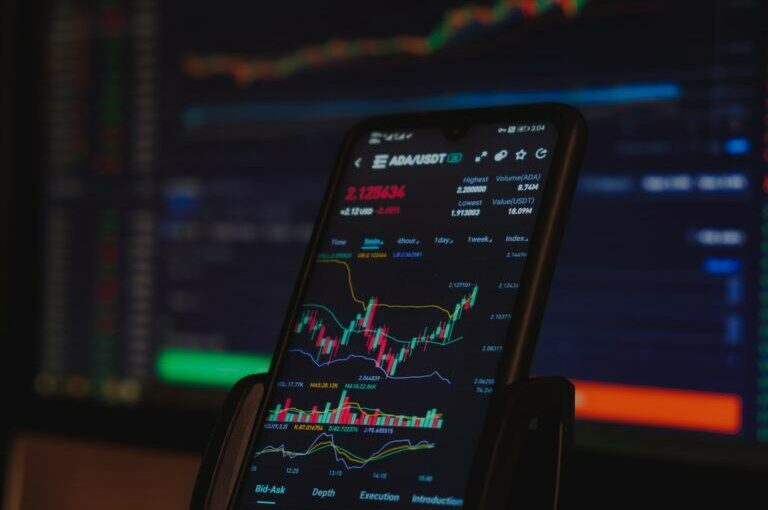Various cryptocurrency analysts have pointed out that Cardano ($ADA) has a major price barrier to overcome if it’s set to move higher amid a wider cryptocurrency market recovery that over a 30-day period has seen $BTC move up 20.3% and $ETH 76.2%.
Among the analysts is well-known trader Michaël van de Poppe, who noted that breaking through the $0.55 mark would “trigger continuation” towards $0.67 which would “grant a trigger for long entries as well,” suggesting the cryptocurrency could move even higher.
Michaël van de Poppe shared his analysis with his over 600,000 followers on the microblogging platform, while also noting that Cardano’s price has been holding above its 50-day moving average (MA). Moving averages are technical indicators that generate the average price for an asset to cut out the noise.
The analyst later on followed-up on the tweet, noting that Cardano has been following the plan and was looking ready “for continuation” along with the rest of the market. HE set a $0.70 target for the cryptocurrency.
Another analyst, going by FinancialDivie, seemingly agreed with van de Poppe’s analysis,s noting that Cardano “seems to be stuck at the $0.55 resistance.” Per the analyst $ADA hit it five times over the last month, while using $0.525 as a support area.
A third analyst going by Rhaonnor also noted that ADA faced “many rejections” at the $0.55 mark as it is “struggling to break this important resistance for one more time.” ADA, it’s worth noting, is at the time of writing trading at $0.53 after moving up 22% over the past 30 days.
Also read: Cardano: How to Stake Your $ADA Tokens
As CryptoGlobe reported, a recently published report from Messari suggests that Cardano ($ADA) is being ‘aggressively priced’ ahead of the Vasil hard fork, at least when compared with rival smart contract networks that aren’t Ethereum, including Solana ($SOL), Algorand ($ALGO), Tezos ($XTZ), and $NEO.
Per the document, Cardano’s active addresses are far below those of Solana, but tower those of Algorand, Tezos and NEO, although it processed around 62,000 daily transactions, compared to over 296,000 from Algorand, 208,000 from Tezos, and 174,00 for NEO. Solana processes over 38 million daily transactions.
The report noted Cardano may be aggressively priced ahead of its Vasil hard fork, which is expected to deliver a “massive” performance improvement to the cryptocurrency’s network, but was delayed by “a few more weeks.” The Vasil hard fork will involve four Cardano Improvement Proposals (CIPs).
Investors have nevertheless been betting on it, with data from Coinbase’s price pages showing that users of the Nasdaq-listed cryptocurrency exchange have a typical ADA hold time of over 153 days, meaning that Cardano traders on the platform hold onto their assets for that long before “selling it or sending it to another account or address.”
Image Credit
Featured image via Unsplash
Source: Read Full Article
